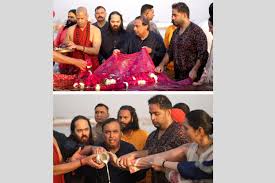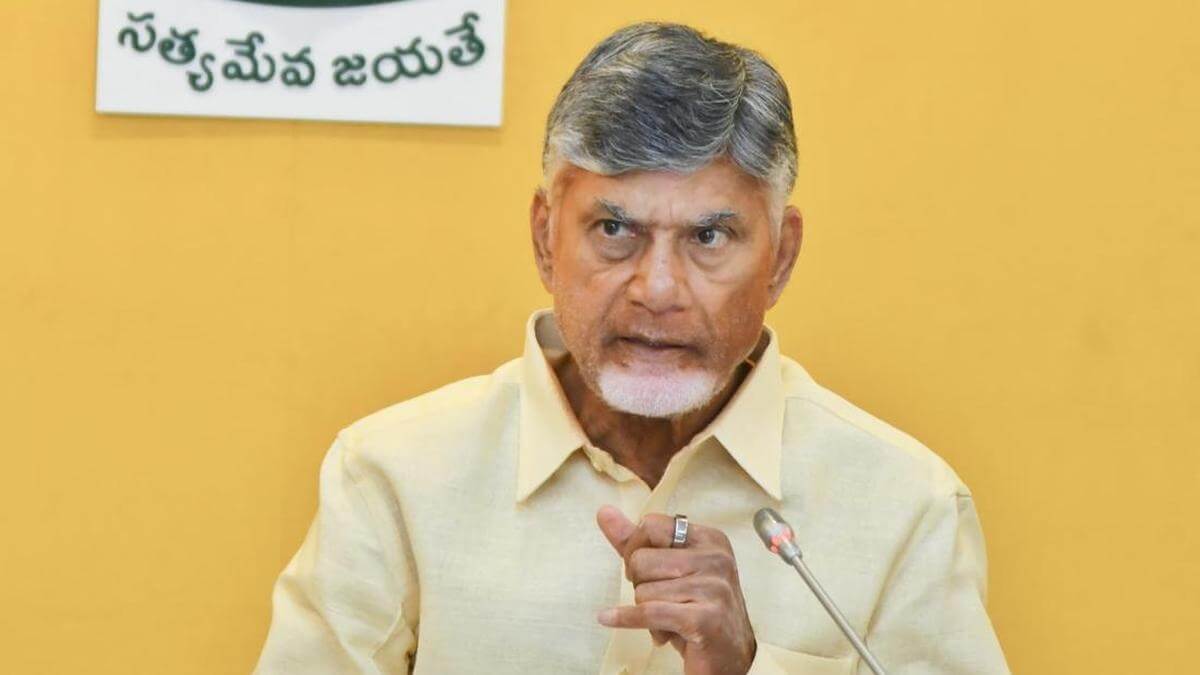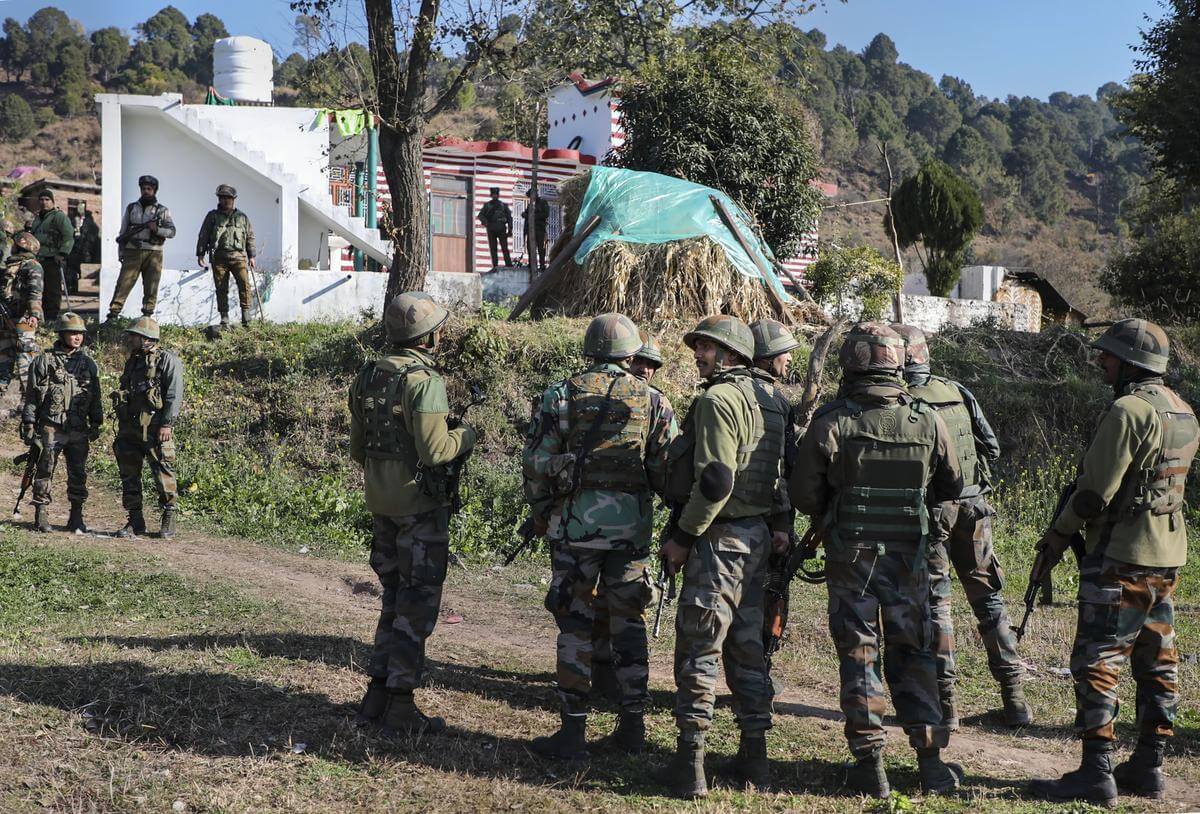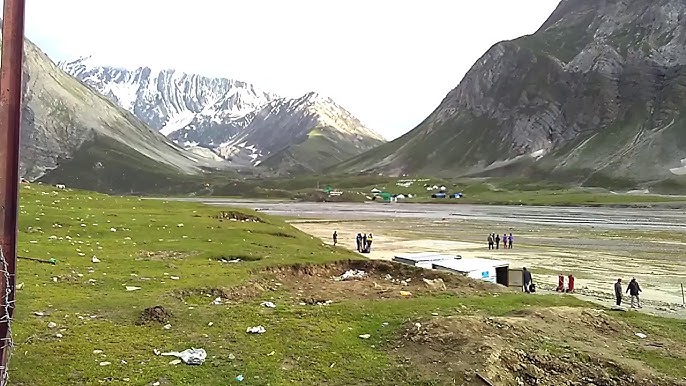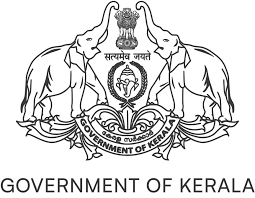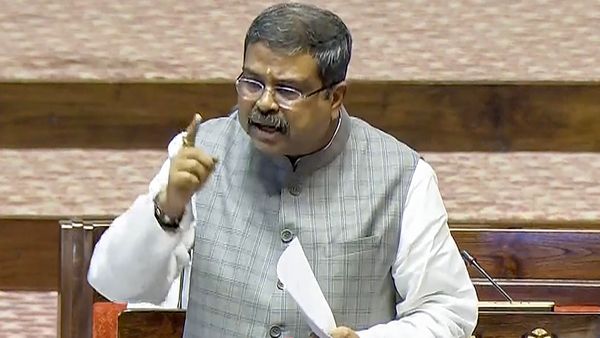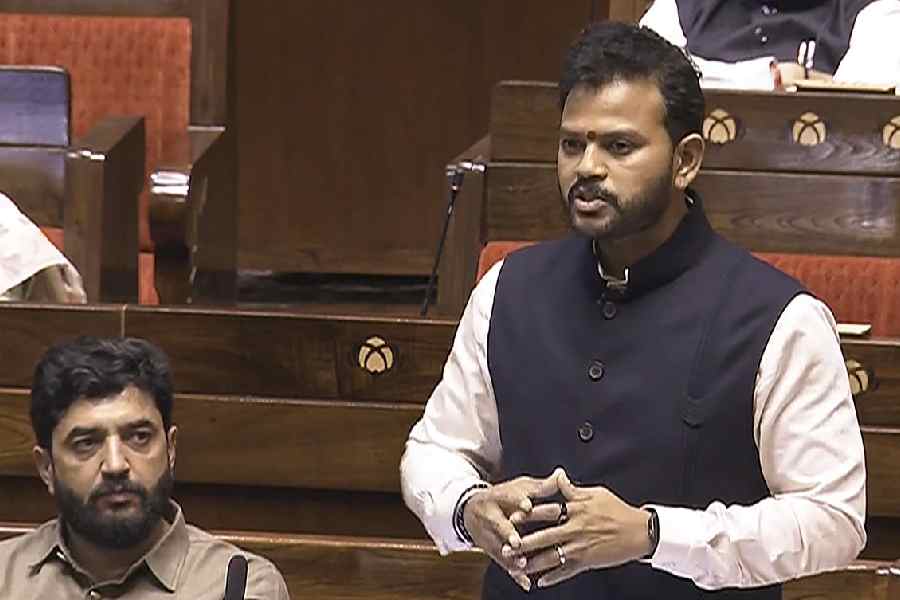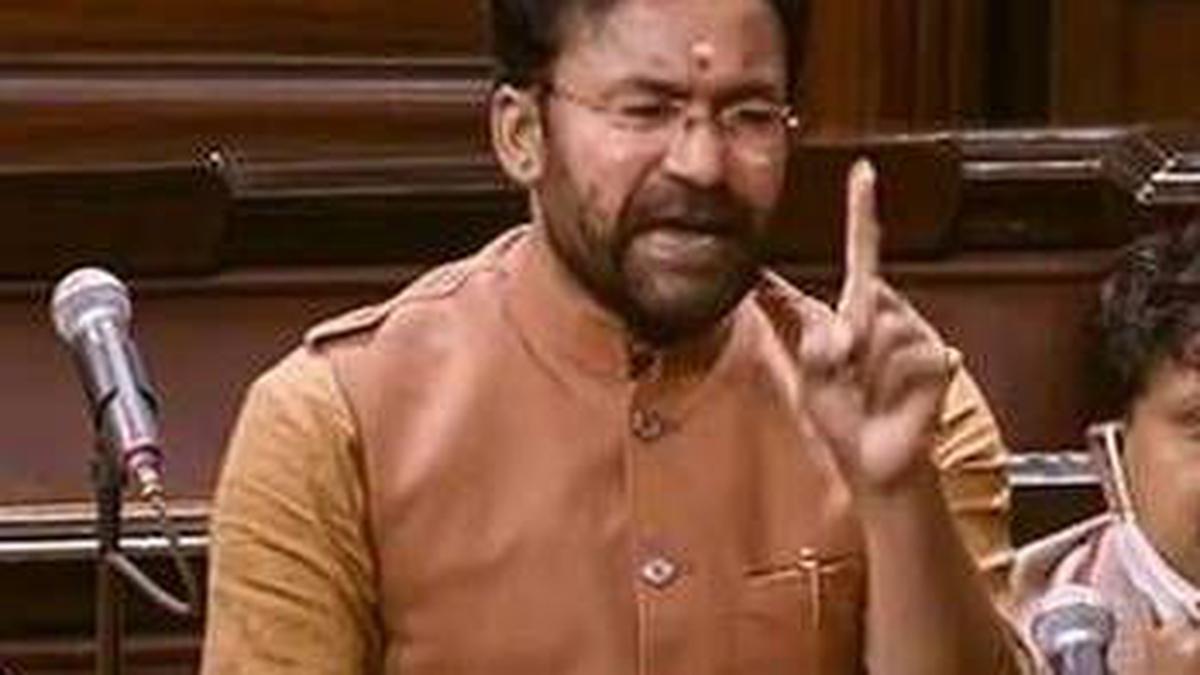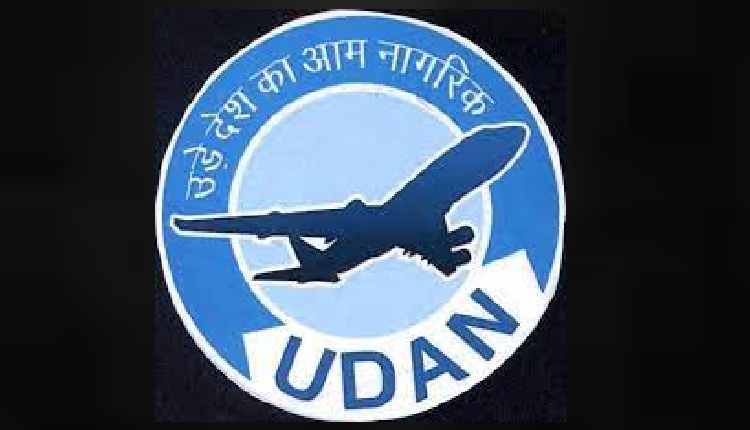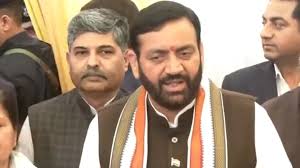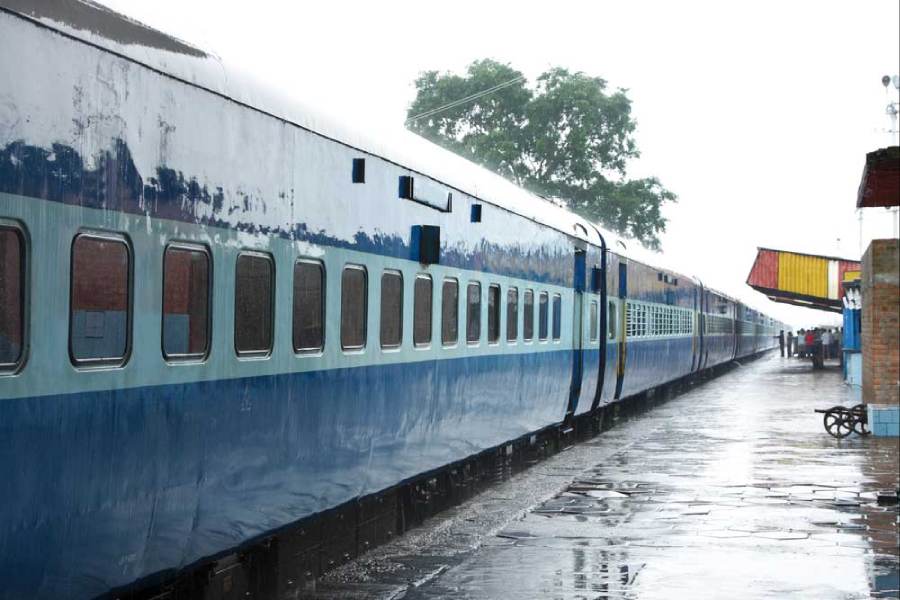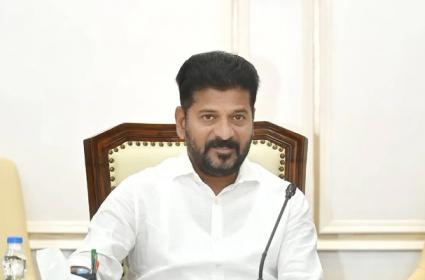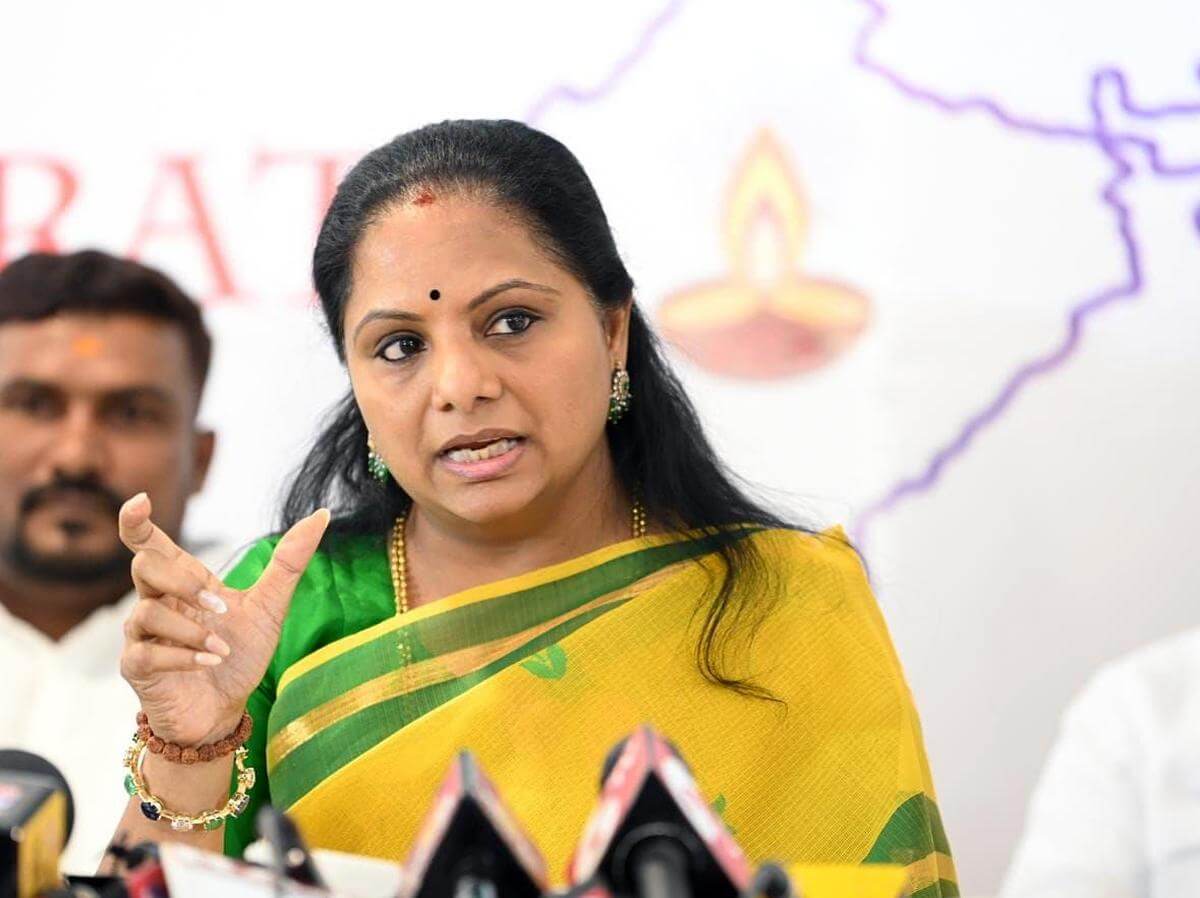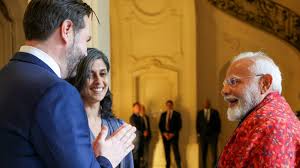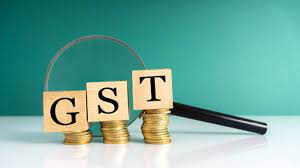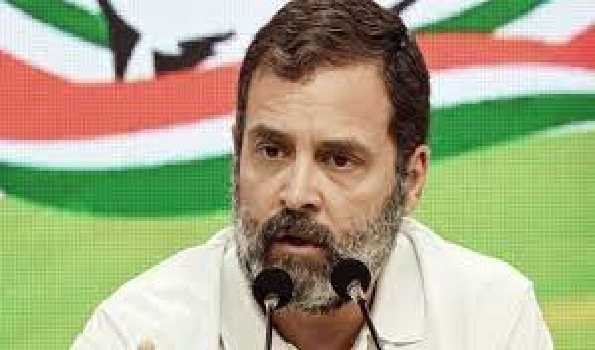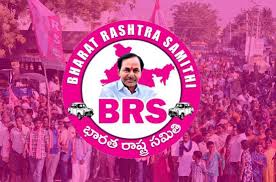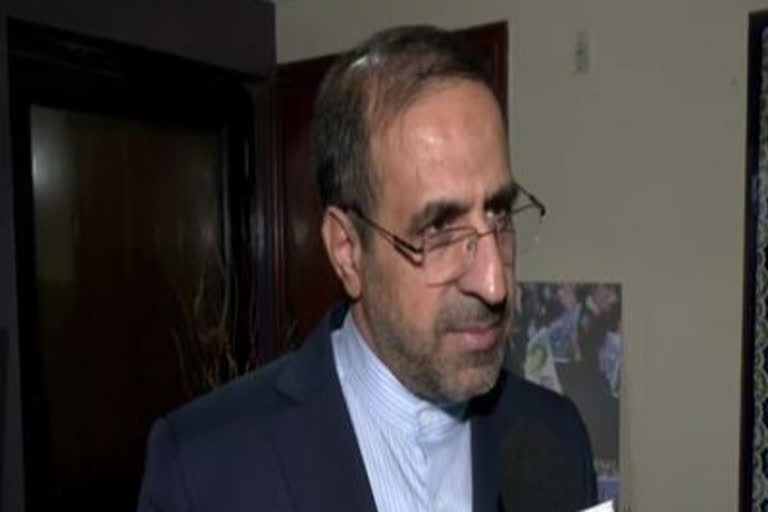Ayodhya verdict: Justice Nazeer most sought judge in matters of religion in SC
Sat 09 Nov 2019, 17:30:58
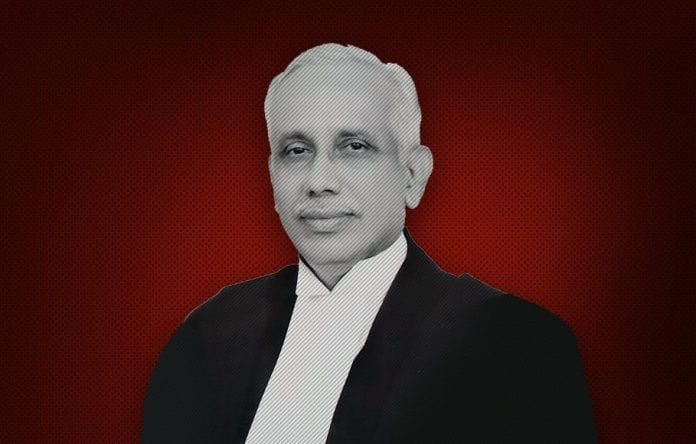
New Delhi: Justice S Abdul Nazeer, the lone Muslim judge in the 5-member Constitution bench of the Supreme Court, which on Saturday delivered a historic verdict in the Ayodhya land dispute case, has been one of the most sought after judges in matters involving religion.
Justice Nazeer was also the part of the five-judge bench in the 'triple talaq' matter but had delivered a minority verdict along with then Chief Justice of India J S Khehar. By the 3:2 verdict, the apex court had held issue of 1,400 year old practice of 'triple talaq' among Muslims as illegal and unconstitutional.
However, in the Ayodhya verdict, the judge, who was elevated to the apex court from the Karnataka High Court, did not agree with the arguments of the Muslim parties and became a part of the unanimous verdict that possession of the disputed 2.77 acre land rights will be handed over to the deity Ram Lalla.
Before becoming a part of the Constitution bench in the Ayodhya case, Justice Nazeer was part of a three-judge bench, including the then Chief Justice of India Dipak Misra and Ashok Bhushan, which by 2:1 majority had declined to set up a larger bench for a
relook of its 1994 verdict which had held that a "mosque is not an essential part of the practice of Islam".
relook of its 1994 verdict which had held that a "mosque is not an essential part of the practice of Islam".
The September 27, 2018 verdict by the three-judge bench had paved the way for the apex court to hear the Ayodhya land dispute case in which Chief Justice of India Ranjan Gogoi constituted a five-judge bench to adjudicate the issue.
In the original scheme of the five-judges to hear the Ayodhya dispute, Justice Nazeer along with Justice Bhushan was not named to hear the matter. But the recusal of two judges - Justice N V Ramana and U U Lalit brought into the fold to hear the politically and religiously sensitive temple-mosque land dispute at Ayodhya.
Besides these cases, Justice Nazeer was also a part of the Supreme Court's nine-judge bench which had declared 'right to privacy' as a fundamental right in the August 2017 verdict Justice Nazeer, 61, who was enrolled as an advocate in 1983 and had practiced in the Karnataka High Court was appointed as an additional judge of the Karnataka High Court on May 12, 2003 and was made a permanent judge there in September 2004. He was was elevated as a judge of the Supreme Court on February 17, 2017.
No Comments For This Post, Be first to write a Comment.
Most viewed from National
Most viewed from World
AIMIM News
Delhi Assembly polls: Owaisi leads Padyatra in Okhla
Feb 01, 2025
We reject this Waqf Amendment Bill: Asaduddin Owaisi
Jan 30, 2025
Latest Urdu News
Most Viewed
May 26, 2020
Which team will win the ICC Men's Champions Trophy 2025 held in Pakistan/Dubai?
Latest Videos View All
Like Us
Home
About Us
Advertise With Us
All Polls
Epaper Archives
Privacy Policy
Contact Us
Download Etemaad App
© 2025 Etemaad Daily News, All Rights Reserved.

